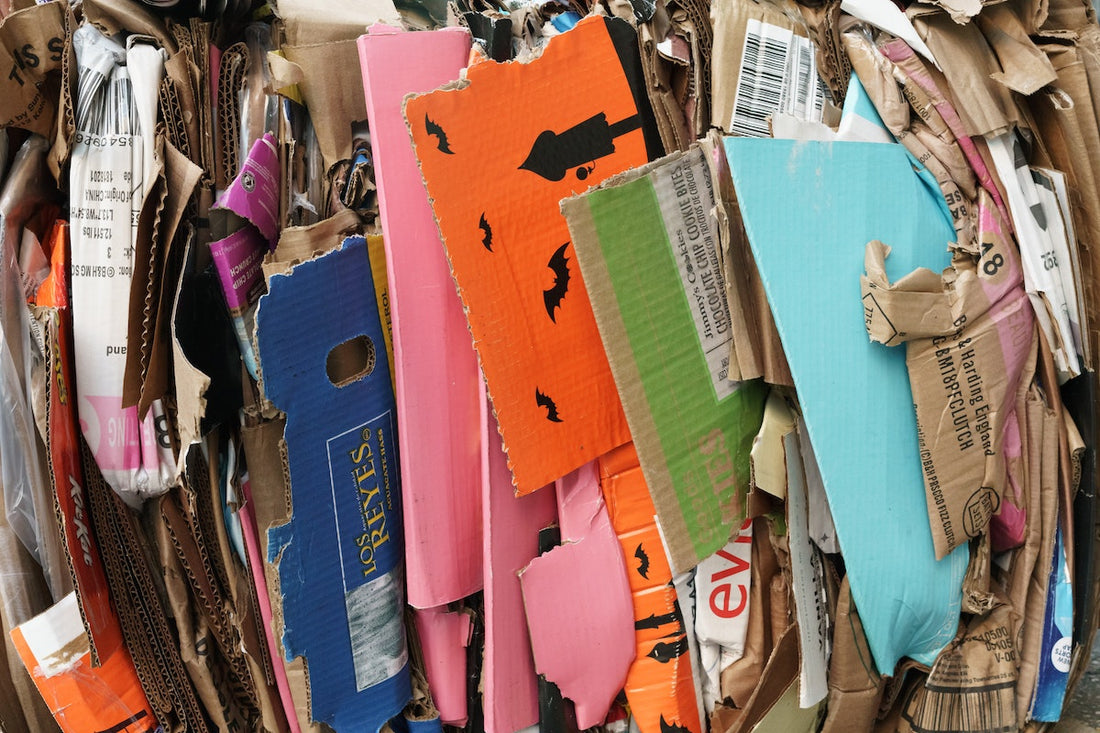The impact of recycling on the global economy and environment is significant and far-reaching. Recycling helps to conserve natural resources, reduce waste, and reduce greenhouse gas emissions, contributing to a more sustainable future for the planet. Additionally, recycling supports local economies and creates jobs, promoting economic growth and stability.
One of the key benefits of recycling is the reduction in the use of natural resources. When recycled materials are used instead of new resources, it conserves the finite supply of natural resources and reduces the need for resource extraction, which can have negative environmental impacts. Additionally, recycling helps to reduce waste and prevent valuable materials from ending up in landfills.
Recycling also plays a role in reducing greenhouse gas emissions, which are a major contributor to climate change. By using recycled materials, energy and emissions associated with resource extraction, production, and transportation are reduced, leading to a reduction in the carbon footprint of products.
In terms of the economy, recycling supports the development of a circular economy, where waste is seen as a valuable resource that can be used to create new products. This shift in thinking promotes sustainable production and consumption patterns and supports economic growth and stability by creating jobs and supporting local economies.
The Global Organic Textile Standard (GOTS) and Global Organic Latex Standard (GOLS) play an important role in promoting the use of recycled materials in organic production processes. According to these organic standards, the use of recycled materials is prioritized and often mandated. By encouraging or requiring the use of recycled materials, GOTS and GOLS promote environmentally responsible practices and support a sustainable future for the organic textile and latex industries.
In conclusion, the impact of recycling on the global economy and environment is substantial and positive. By conserving natural resources, reducing waste and greenhouse gas emissions, and promoting a circular economy, recycling supports a more sustainable future for the planet. The use of recycled materials is an important aspect of organic standards, as outlined by GOTS and GOLS, and helps support environmentally responsible practices and a sustainable future for the organic textile and latex industries.

